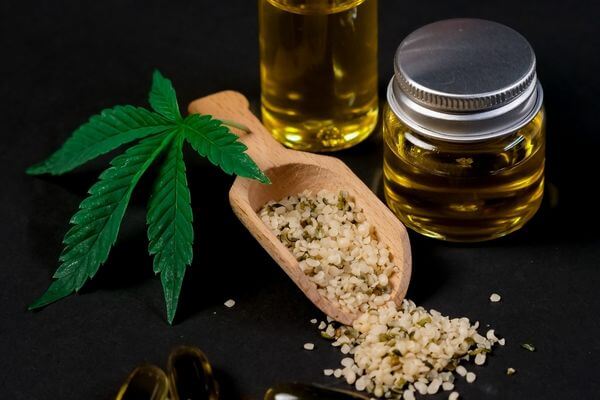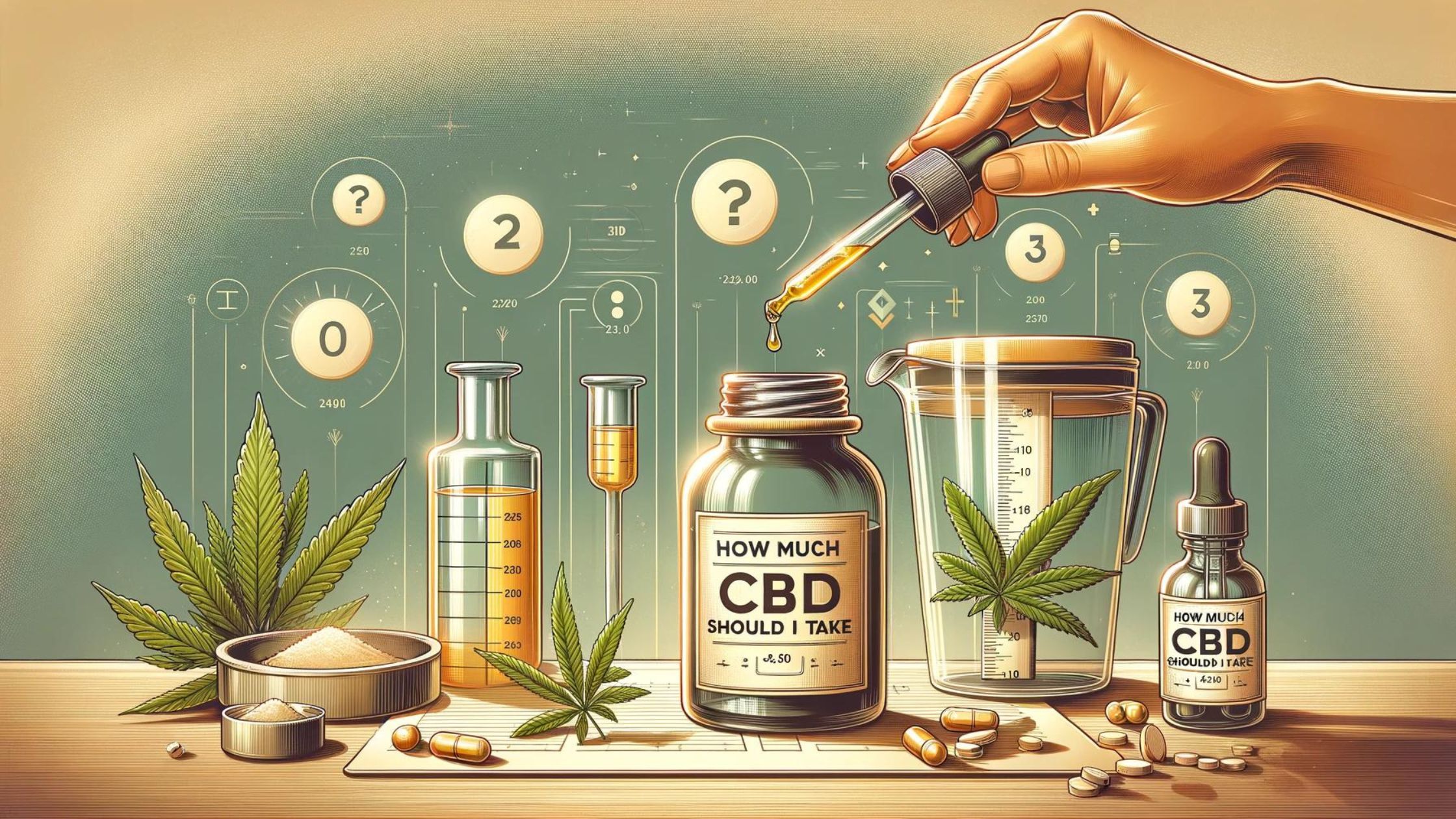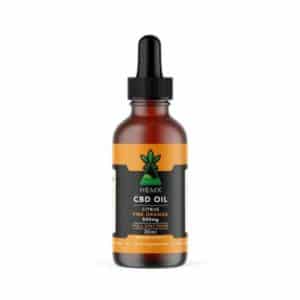CBD Dosage: How Much Should You Take?
CBD, or cannabidiol, has taken the wellness world by storm as a natural remedy for a wide range of health concerns. With its non-intoxicating properties and potential benefits for everything from anxiety and pain to epilepsy and cancer, CBD has become a popular alternative to traditional medications. However, as with any supplement or medication, it’s essential to understand the importance of proper dosage for safe and effective use.
While CBD is generally considered safe, many factors can influence the appropriate dosage for an individual. Factors such as body weight, the reason for use, tolerance, and genetics can all play a role in determining the ideal dosage. Additionally, the lack of standardised dosing recommendations can make it difficult for consumers to know how much CBD they should be taking.
In this article, we’ll explore the various factors that can affect CBD dosage and provide guidelines for determining the appropriate amount for different uses and forms of consumption. We’ll also discuss how to measure CBD dosage accurately, potential side effects to watch out for, and the importance of consulting with a healthcare provider before using CBD. So whether you’re new to CBD or looking to optimise your current dosage, read on for a comprehensive guide to safe and effective CBD use.
Factors Affecting CBD Dosage
Determining the right dosage of CBD can be a tricky business. There are many factors to consider, including body weight and size, the reason for use, tolerance, genetics, and metabolism. Each of these factors can influence how much CBD a person should take to achieve the desired effects.
Body weight and size are important considerations when determining CBD dosage. As a general rule of thumb, a larger person will require a higher dosage than a smaller person. However, it’s important to note that this is not always the case, as other factors can also play a role.
The reason for using CBD is another important consideration. Different conditions may require different dosages, and it’s essential to understand the appropriate amount for a particular use. For example, someone using CBD for anxiety may require a different dosage than someone using it for chronic pain.
Tolerance is also a critical factor to consider. Over time, the body can become accustomed to the effects of CBD, which may require a higher dosage to achieve the same results. Genetics and metabolism can also play a role in how the body responds to CBD, which can affect the appropriate dosage.
Determining the right CBD dosage requires careful consideration of several factors. By understanding body weight and size, the reason for use, tolerance, genetics, and metabolism, individuals can determine the appropriate amount of CBD to achieve the desired effects. It’s important to start with a low dosage and gradually increase as needed, always consulting with a healthcare provider before beginning any new supplement or medication regimen.

How to Measure CBD Dosage
Measuring CBD dosage can be confusing, but it’s crucial for safe and effective use. To accurately measure CBD, it’s essential to understand milligrams (mg) and millilitres (ml), as these are the standard units of measurement for CBD products. Additionally, it’s crucial to understand the concentration of CBD in a product, which can vary widely between different brands and forms of consumption.
Calculating the appropriate dosage requires an understanding of the concentration of CBD in a product and the desired dosage. For example, if a product contains 1000mg of CBD in a 30ml bottle, each ml contains approximately 33mg of CBD. Therefore, if a person desires a dosage of 20mg, they would need to take approximately 0.6ml of the product.
Measuring CBD dosage requires an understanding of units of measurement, product concentration, and desired dosage. By taking these factors into account, individuals can accurately determine the appropriate amount of CBD for safe and effective use.
CBD Dosage Guidelines
CBD dosing guidelines can be challenging to navigate due to the lack of standardised dosing recommendations. However, there are general guidelines that can be followed to ensure the safe and effective use of CBD. It’s essential to start with a low dosage and gradually increase it as needed, paying close attention to the body’s response. For specific conditions, such as anxiety or chronic pain, recommended dosages can vary widely, and it’s important to consult with a healthcare provider to determine the appropriate amount. With careful consideration and expert guidance, individuals can determine the ideal CBD dosage to meet their needs.
CBD Dosage for Different Forms of Consumption
Determining the appropriate CBD dosage can vary based on the form of consumption. Different products, such as CBD oil, capsules, edibles, and topicals, have varying absorption rates and onset times, which can impact the appropriate dosage. For example, the onset time for CBD oil is typically faster than that of edibles, meaning the effects are felt sooner, and the dosage may need to be adjusted accordingly.
It’s also important to consider potential side effects when determining the appropriate CBD dosage. Common side effects of CBD include dry mouth, fatigue, and changes in appetite, among others. It’s important to note that these side effects are generally mild and subside quickly, but it’s still essential to consult with a healthcare provider before use, especially if taking other medications or dealing with preexisting health conditions.
In Summary on CBD Dosage
In conclusion, understanding the importance of proper CBD dosage is crucial for the safe and effective use of this natural remedy. Factors such as body weight, the reason for use, tolerance, genetics, and metabolism can all impact the appropriate dosage, making it essential to consult with a healthcare provider and follow dosage guidelines.
It’s also important to consider the form of consumption when determining the appropriate CBD dosage. Different products have varying absorption rates and onset times, which can impact the dosage needed for desired effects.
While CBD is generally considered safe, it’s important to be aware of potential side effects, such as dry mouth and fatigue. Consulting with a healthcare provider can help mitigate potential risks, especially for those taking other medications or dealing with preexisting health conditions.
Overall, CBD has gained popularity as a natural remedy for a variety of conditions, and with careful consideration of dosage and expert guidance, it can be used safely and effectively. By understanding the factors that impact dosage and following guidelines for safe use, individuals can experience the potential benefits of CBD without unnecessary risks.





